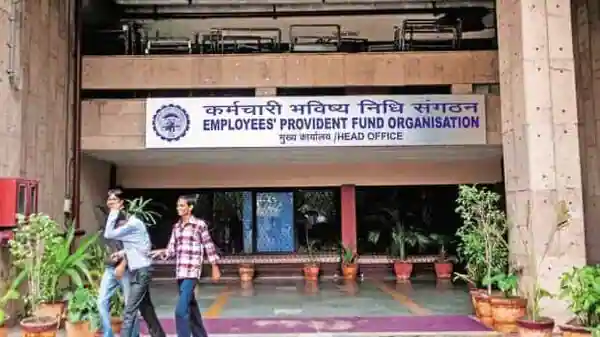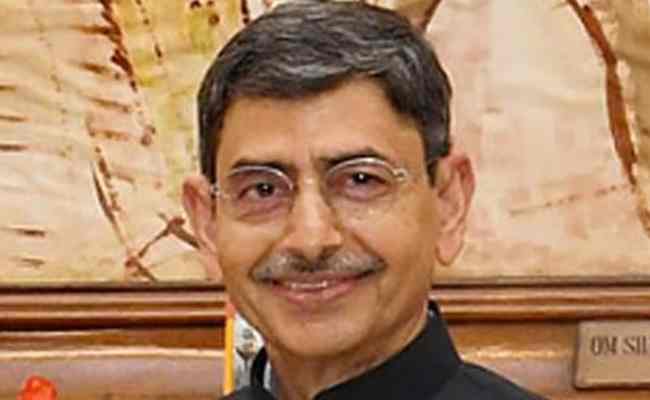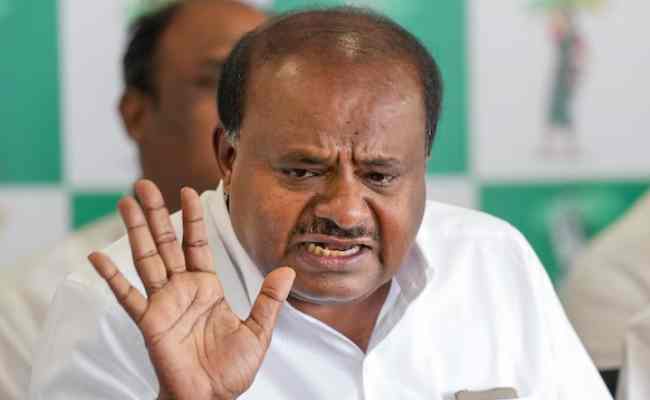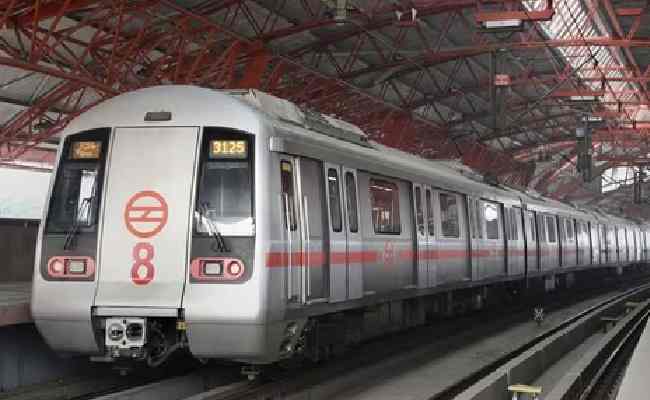New Delhi, Feb 27: The Employees' Provident Fund Organisation (EPFO) on Monday set May 3 as the deadline for subscribers to opt for a higher pension.
The Supreme Court on November 4 allowed another change for employees who were existing EPS members as on September 1, 2024, to contribute up to 8.33 per cent of their actual salaries - as against 8.33 per cent of pensionable salary capped at Rs 15,000 a month - towards pension.
The apex court gave a four-month window to enable opting for higher pensions. The deadline accordingly should have been around March 3, 2023, but EPFO only last week came out with the procedure for opting for higher pension under the Employees' Pension Scheme (EPS).
"The joint option for employees who were in service prior to September 1, 2014, and continued to be in service on or after September 1, 2014, but could not exercise joint option under the Employees' Pension Scheme can do so now on or before May 3, 2023," the EPFO said on its website.
At present, both employees and employers contribute 12 per cent of the employee's basic salary, dearness allowance and retaining allowance, if any, to the employee provident fund or EPF.
The employee's entire contribution goes to EPF, while the 12 per cent contribution by the employer is split as 3.67 per cent to EPF and 8.33 per cent to EPS.
The Government of India contributes 1.16 per cent to an employee's pension, while employees do not contribute to the pension scheme.
EPFO said, "online facility for filing joint option is coming soon".
Earlier, there were apprehensions that March 3, 2023, is the last date for opting for a higher pension.
Last week, EPFO came out with a procedure to enable subscribers and their employers to jointly apply for a higher pension under the Employees' Pension Scheme (EPS).
In November 2022, the Supreme Court upheld the Employees' Pension (Amendment) Scheme 2014. The EPS amendment of August 22, 2014, had raised the pensionable salary cap to Rs 15,000 a month from Rs 6,500 a month and allowed members along with their employers to contribute 8.33 per cent of their actual salaries (if it exceeded the cap) towards EPS.
In an office order, the EPFO had provided for dealing with the ''Joint Option Form'' by field offices of the body. EPFO stated that "a facility will be provided for which URL (unique resource location) will be informed shortly. Once received, the regional PF commissioner shall put an adequate notice on the notice board and banners for wider public information".
It provided that each application will be registered, digitally logged and the receipt number will be provided to the applicant. It further stated that the office in-charge of the regional provident fund office concerned shall examine each case of joint option on higher salary and intimate the decision to the applicant through e-mail/post and later through SMS also.
It also provided that any grievance by the applicant can be registered on EPFiGMS (grievance portal) after submission of his/her joint option form and payment of due contributions, if any.
The order stated that these directions are being issued in compliance with the order of Supreme Court on November 4, 2022. EPFO has asked its field offices to provide an option for higher pension to eligible subscribers in accordance with the Supreme Court order.
According to the EPFO circular on December 29, 2022, the central government has directed to implement the directions in the order. The apex court had given all EPS members, as on September 1, 2014, six months to opt for the amended scheme.
The apex court in its order gave four more months to eligible subscribers to opt for higher pension under EPS-95.
The court had also struck down the requirement in the 2014 amendments mandating employee contribution of 1.16 per cent of the salary exceeding Rs 15,000 per month. This will facilitate the subscribers to contribute higher to the scheme and get enhanced benefits accordingly.
The EPFO circular had also provided for the higher pension option for those eligible subscribers who either contributed on actual wages higher than Rs 5,000 or Rs 6,500 per month prevalent threshold pensionable salary or exercised their option for higher pension or their request for higher pension was declined by EPFO authorities before the amendment to EPS-95 in 2014.
The eligible subscribers would have to apply jointly with their employer for the enhanced benefit in the application form prescribed by the commissioner and all other required documents like joint declaration etc.
Let the Truth be known. If you read VB and like VB, please be a VB Supporter and Help us deliver the Truth to one and all.
New Delhi (PTI): The Congress Monday slammed as "outrageous and unacceptable" Tamil Nadu Governor R N Ravi's remark that "secularism is a European concept" and demanded his immediate sacking.
Congress general secretary in-charge communications Jairam Ramesh claimed that Ravi is "only a trial balloon floater" and is echoing what Prime Minister Narendra Modi wants to get done.
Ramesh's remarks came after Ravi said secularism is a European concept that evolved after a conflict between the church and the king whereas Bharat is a dharma-centric nation and therefore, it was not part of the Constitution but added during Emergency by "one insecure prime minister".
The Tamil Nadu governor, while addressing an event in the Kanyakumari district on Sunday, said a lot of frauds have been committed against the people of the country and one of those was a wrong interpretation of secularism.
Reacting to the remarks, Ramesh said, "This man, who has taken an oath on the Constitution and who -- inspite of his drumbeating -- remains a Constitutional functionary, should be sacked forthwith. He is a disgrace."
"This is not the first outrageous and unacceptable statement he has made. But he is only a trial balloon floater. He is echoing what the non-biological PM wants to get done," the Congress leader said.
Ravi had also said, "What does secularism mean? Secularism is a European concept, secularism is not a Bharatiya concept."
Decades later, during Emergency (1975-77), "one insecure prime minister," introduced secularism in the Constitution in order to appease some sections of people, the Governor alleged.
Indira Gandhi was the prime minister during Emergency.
Ravi further said that secularism emerged in Europe as there was a fight between the church and the king and in order to end this conflict, which went on for a long time, this concept was evolved.
At the time of Independence, when the Constitution was being drafted, a discussion came up on secularism and the Constituent Assembly rejected it observing that Bharat is a dharma-centric country and there has been no conflict, similar to what was witnessed in Europe, Ravi had claimed.





